When it comes to eclectic electronic music acts, it doesn’t get any more versatile and visceral than the Italian femme powerhouse duo Giolì & Assia.
Equipped with an impressive mix of instrumental know-how and a tender romantic relationship, the European couple have deeply influenced the dance music landscape throughout the last half-decade.
Having risen through the ranks for their inimitable blend of genres over two studio albums, the tandem’s popularity exploded after they began livestreaming performances from some of the most scenic spots on earth. Titled #DiesisLive, the series enabled viewers to consume the experience that is Giolì & Assia: an immersive affair with live instruments, haunting vocals and panoramic backdrops.
The next evolution of Giolì & Assia finds the duo embarking on their most vulnerable album to date, Fire Hell And Holy Water. Named after a prominent Sicilian expression, the record is a compelling account that iluminates the adversity the ladies faced over the course of the pandemic.
As you run the gamut of the 16-track album, Giolì & Assia steer the vessel, encountering turbulent waters along the way. In the titular track, we find them fighting to accept their differences and surrender to love. Their relationship is at ground zero once again in “Bittersweet Love,” an alluring ballad that captivates with its poignant subject matter.
Throughout the record, Giolì & Assia’s talents are front-and-center. The album’s aching, passionate lyricism is executed gracefully by Assia while Giolì never lets go of her instruments, whether she’s got her hands on the cello, guitar, piano, drums or her signature handpan.
Those emotionally-charged lyrics were the focus of the conversation Giolì & Assia had with EDM.com. In that talk, the pair opened up about the importance of existence after a tragic loss.
EDM.com: We’re so thrilled to see how much your career has blossomed since being named to our Class of 2021! What has the last year looked like for Giolì & Assia?
Giolì & Assia: It has been an incredible year full of emotions, travels, live shows, sleepless nights, unforgettable experiences and lots of music.
We completed the album in February, then we spent a month in Iceland shooting all the content, video clips and Diesis Live DJ sets. It was an amazing journey, which we were lucky enough to share with our team and friends who left with us from Italy.
Our summer tour began in June and is still going on. Europe, America, and in October for the first time in Australia. We all worked hard for the release of the album, with our team at Ultra, and received a lot of support from Spotify Italy and all the DSPs.
The highlight of the year was taking part in Spotify’s EQUAL project, which allowed us to appear on a billboard in Times Square.
EDM.com: Can you discuss the Sicilian expression behind the album’s title and how it influenced your direction?
Scroll to Continue
Recommended Articles
Giolì & Assia: The expression, “You are like the devil and the holy water” indicates an unpredictable person. We liked how this sentence manages to represent duality, the two sides of our album, the concept behind it, and our art.
We extrapolated the concept of hell, and used it as a metaphor to tell about depression, then combined it with the story of Orpheus and Eurydice from Greek mythology, their journey to the underworld, and their attempted escape from them, as the journey to freedom from depression.
EDM.com: In what ways did you channel your experiences as a couple navigating the music industry into the album?
Giolì & Assia: This album mainly revolves around our feelings, both as a couple and as simple humans who have gone through difficult times.
There are songs where our relationship is easier to show through lyrics, like Bittersweet Love: “after all the troubles that we both made, our home is still made for two”. These lyrics have a positive aura, as it explains that despite all problems and misunderstandings that we have faced in the past, our home will forever be made to welcome both of us.
However in other songs, for example, Jaula, we explain how sometimes we have to show a side of us that does not reflect how we really feel in that moment, and this makes us feel like we are in a cage, in Spanish Jaula. As animals we eat, we quench our thirst, but it happens to feel cramped on an occasion in which we do not feel comfortable.
EDM.com: Can you tell us about one particularly fraught or difficult real-life experience that’s reflected in a song on the album?
Giolì & Assia: After the death of Assia’s cousin, due to cancer, we sat on the sofa in our house thinking about what life really meant. Our lives are often hectic, we work most of the time, and we are convinced that behind this desire to accelerate in this modern society, hides the fear of stopping and asking ourselves questions like: Why do we live? Why do we die? What is the purpose of all this, and if there is any purpose?
Thus was born the idea of our track “Meaning of Life”, one of the songs and lyrics we are most proud of. In the song, we compare us, men, too many dots in a painting made in the style of George Seurat’s pointillism. We often give a lot of importance to the events of our life, but as soon as we move away for a moment and divert attention, we realize that we are nothing but tiny dots, inadequate and ephemeral.
EDM.com: Numbness, depression, longing, regret, betrayal—there seem to be some dark and visceral motifs throughout the album. What is the underlying message you’re trying to convey?
Giolì & Assia: There is more than one message behind this album. Each song gives a different nuance to the story, which has many facets, but all of them coincide in the great metaphor for which the hell is the depiction of depression. “Meaning Of Life” makes us think, makes us wonder what the true meaning of life is, and why we continue to live frantically, without giving vent to our pleasures and desires.
“Fire Hell and Holy Water” is a song focused on a seemingly impossible love, because the two lovers are apparently too different, but neither of them seems willing to give up on the other. “Eurydice” is the passage that reinforces the metaphor of hell as depression, and the journey to the surface, away from the underworld, the attempt to escape the clutches of depression.
“Even if the time will pass by” is written as if it were a lever between a person who has already faced depression, has already lived inside the “Jaula”, and says he recognizes the gaze of the other person, the gaze of someone who is going through those difficulties now and look at the world with sad eyes: ” ‘Cause every time you look at the world I know I’ve seen those eyes, They remind me mine. And I’ve already been there, Already seen that Already laid at the bottom of the cage. I’ve already been there, Already seen the demons come alive, Try to know your mind.”
You can stream Fire Hell and Holy Water here.
FOLLOW GIOLÌ & ASSIA:
Facebook: facebook.com/gioliandassia
Twitter: twitter.com/gioliandassia
Instagram: instagram.com/gioliandassia
Spotify: spoti.fi/32D4HqC
 [flexi-common-toolbar] [flexi-form class=”flexi_form_style” title=”Submit to Flexi” name=”my_form” ajax=”true”][flexi-form-tag type=”post_title” class=”fl-input” title=”Title” value=”” required=”true”][flexi-form-tag type=”category” title=”Select category”][flexi-form-tag type=”tag” title=”Insert tag”][flexi-form-tag type=”article” class=”fl-textarea” title=”Description” ][flexi-form-tag type=”file” title=”Select file” required=”true”][flexi-form-tag type=”submit” name=”submit” value=”Submit Now”] [/flexi-form]
[flexi-common-toolbar] [flexi-form class=”flexi_form_style” title=”Submit to Flexi” name=”my_form” ajax=”true”][flexi-form-tag type=”post_title” class=”fl-input” title=”Title” value=”” required=”true”][flexi-form-tag type=”category” title=”Select category”][flexi-form-tag type=”tag” title=”Insert tag”][flexi-form-tag type=”article” class=”fl-textarea” title=”Description” ][flexi-form-tag type=”file” title=”Select file” required=”true”][flexi-form-tag type=”submit” name=”submit” value=”Submit Now”] [/flexi-form]
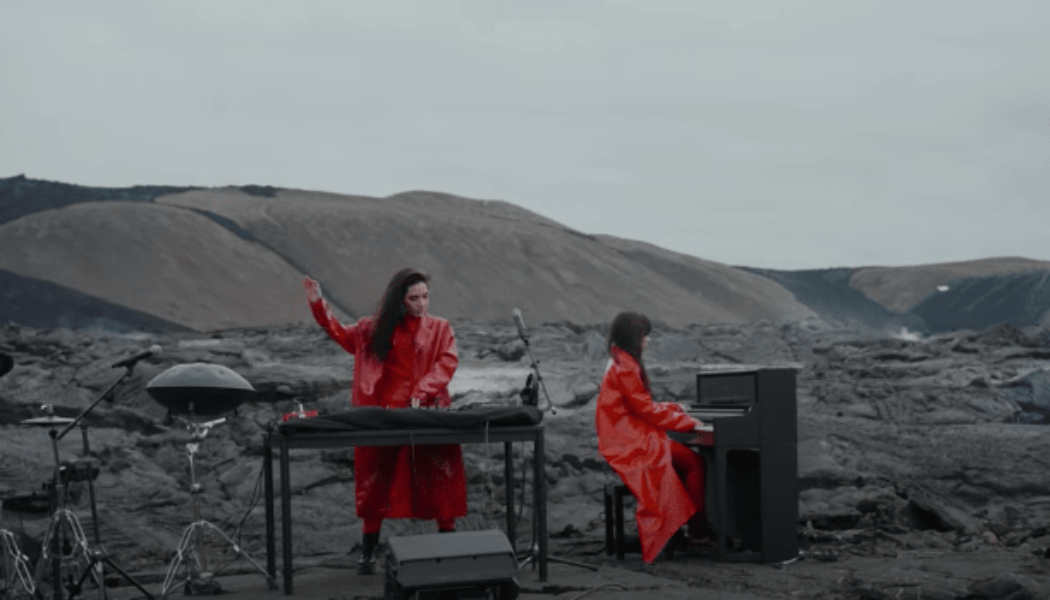

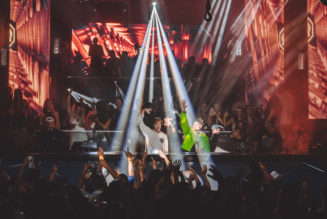


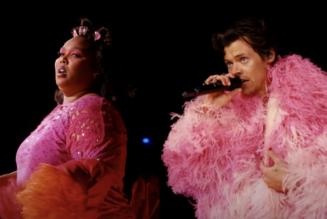
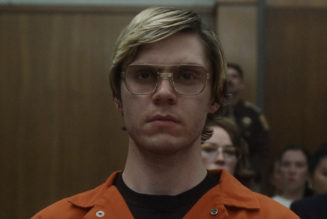



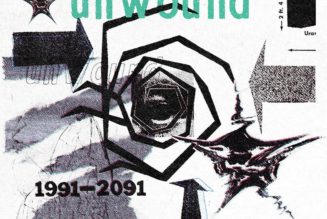
Tagged: entertainment blog, Fire Hell And Holy Water, Gioli & Assia, interview, INTERVIEWS, music blog, MUSIC RELEASES, New Album